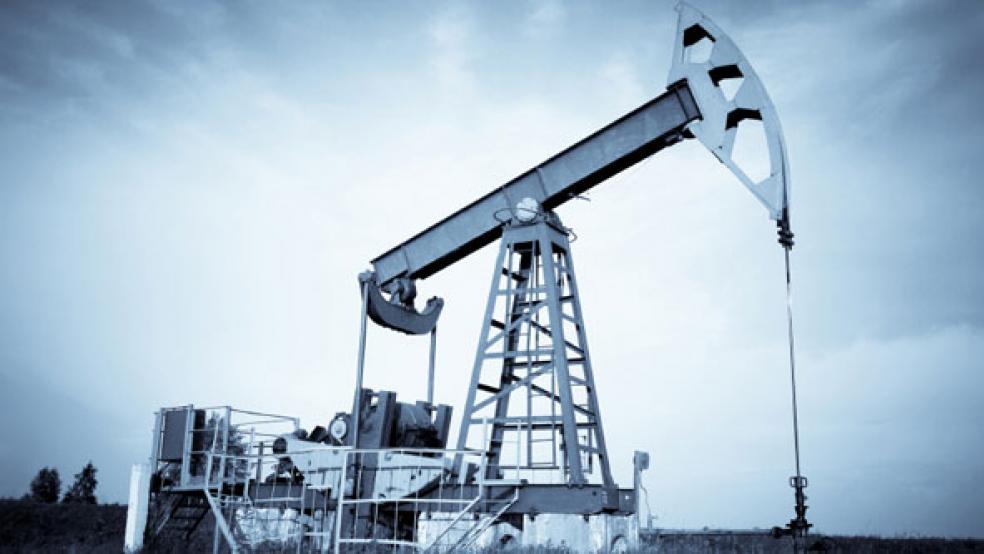While President Obama continues to tilt for windmills, rising oil and gas production has showered his administration with unexpected benefits. Those producers inadvertently include his arch enemies—the Koch Brothers. How deliciously ironic it is that the oil industry – consistently scorned by this president – has been one of the most potent economic drivers of this recovery, the biggest contributor to an improving balance of payments picture and has provided Obama significant leverage in digging out of his difficulties in the Middle East.
President Obama and fellow members of the flat earth society, who many years ago wrote off the future of conventional energy resources, must be stunned. The president has noted more than once that “we are running out of places to drill” and that “we have only 2 percent of the world’s oil reserves.” What a surprise, then, that the U.S. is on track to become the world’s largest oil and gas producer, likely overtaking Russia this year.
As noted recently in the Wall Street Journal, because advancements in horizontal drilling and fracking made huge new reserves economic, domestic production of natural gas last year was an all-time high--up 13 percent over the 2010 level, and 27 percent higher than output in 2002. In July, gas production was 56 percent higher than the recent monthly low recorded in September 2005. Similarly, oil output, which had declined steadily since 1970, turned up in 2010, and has increased 27 percent over the past five years, laying to rest the once-popular notion that we are running out of the stuff. That, my friends, is progress.
What does this unexpected windfall mean for the
A study by analytics and research firm IHS says unconventional oil and natural gas production and energy-related chemicals activity together supported more than 2.1 million jobs in 2012; the authors project the sectors will employ 3.9 million workers by 2025.
In addition,
Second, the shale revolution means lower imports. Our net imports of crude oil and refined products in 2005 totaled a record 12.5 million barrels per day; last year that had collapsed to 7.4 mb/d. The impact on our trade deficit has been profound. For example, the trade gap in December 2012 was the smallest in nearly three years, as exports of oil and other petroleum products rose to a record high and oil imports fell to 223 billion barrels, the lowest level since February 1997.
Third, it means a seismic shift in geopolitical alignments. Middle East oil and gas production going forward is not as consequential as in the past, and
To satisfy those who put him in office, Russian President Putin is spending heavily, running a budget deficit that will be closed only through higher oil prices – less likely due to our increasing output. Soon, as LNG exports gear up from the
These are extraordinary changes – brought about by energy investment still opposed by the environmental fringe in the





